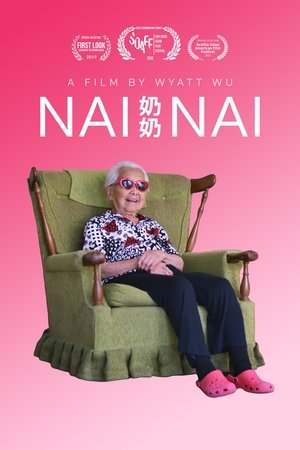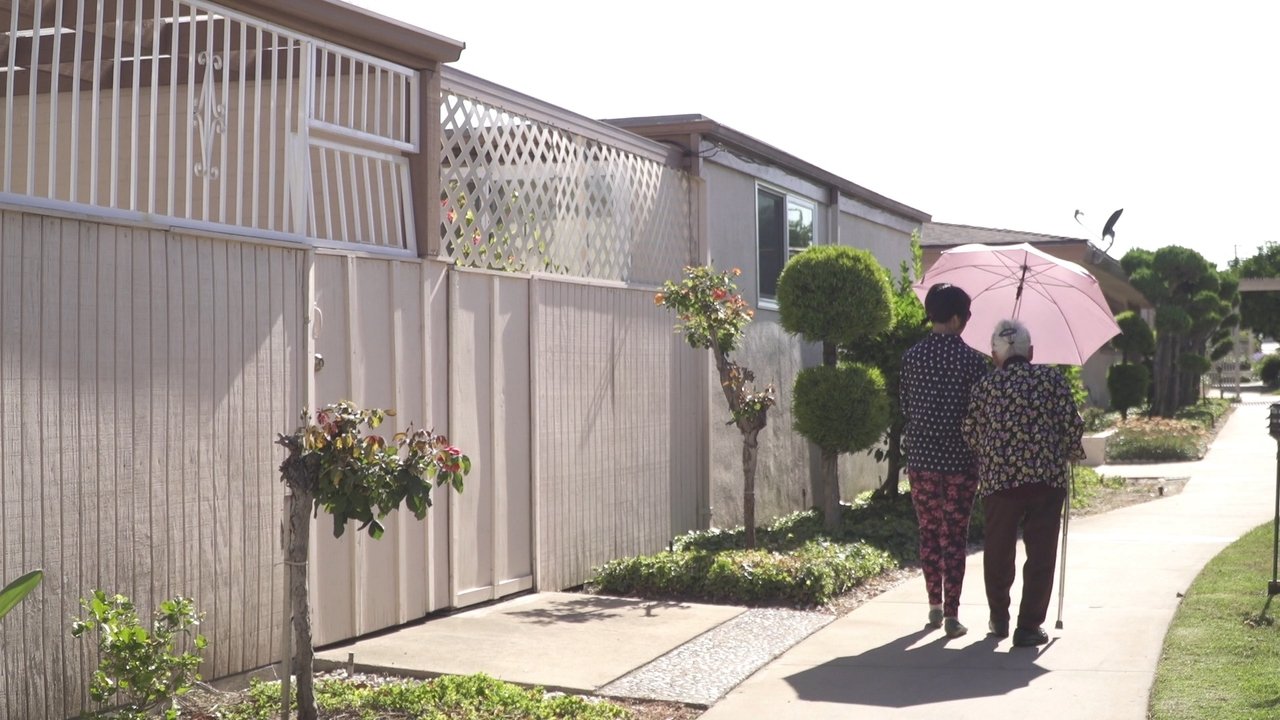
Nai Nai(2018)
The other "Nai Nai" short documentary that isn't Oscar-Nominated.
Nai Nai follows the story of a Chinese immigrant grandmother, Chu-Ming Wu. Known as “Nai Nai,” Chu-Ming has always been a woman of control. But her grasp of reality and the control of her own mind is slipping away. Told through the lens of her grandson, the film focuses on the joyful, heartbreaking and intimate moments in the last chapters of her life.
Movie: Nai Nai
Video Trailer Nai Nai
Similar Movies
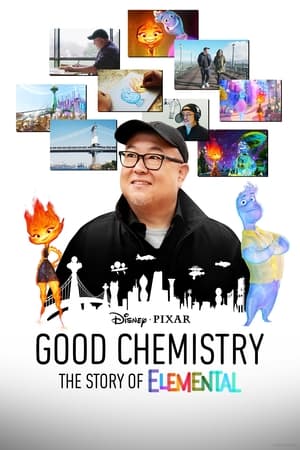 7.0
7.0Good Chemistry: The Story of Elemental(en)
Pixar director Peter Sohn takes viewers on a humorous personal journey through the inspiration behind Disney and Pixar’s feature film “Elemental.” “Good Chemistry: The Story of Elemental” traces his parents’ voyage from Korea to New York, explores his dad’s former grocery shop in the heart of the Bronx, and delves into his choice of a career in animation, rather than the family business.
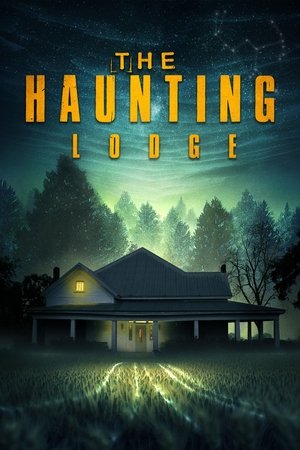 3.0
3.0The Haunting Lodge(en)
Filmmakers stay at a haunted lodge and find themselves in over their heads when they encounter something otherworldly.
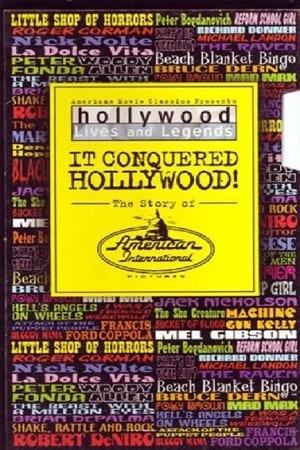 6.8
6.8It Conquered Hollywood! The Story of American International Pictures(en)
A 60-minute salute to American International Pictures. Entertainment lawyer Samuel Z. Arkoff founded AIP (then called American Releasing Corporation) on a $3000 loan in 1954 with his partner, James H. Nicholson, a former West Coast exhibitor and distributor. The company made its mark by targeting teenagers with quickly produced films that exploited subjects mainstream films were reluctant to tackle.
 0.0
0.0A Day in the Life of French Cinema(fr)
Documentary showing one day of work of over 90 actors and filmmakers from French cinema on the same day. On 27 March 2002, 27 teams filmed actors, directors, producers and technicians at work, from Hawaii to Paris and from New York to Lisbon.
Homo Cinematographicus(fr)
Homo Cinematographicus is a human species whose unit of measurement and point of reference is the cinema and its derivative, television. Filmed at the 1998 Cannes Film Festival, the film offers an unspecified number of statements, talking about memories and a thousand fragments of stories, titles and film scenes, the warp of a gigantic collective Chanson de geste.
 7.9
7.9Koyaanisqatsi(en)
Takes us to locations all around the US and shows us the heavy toll that modern technology is having on humans and the earth. The visual tone poem contains neither dialogue nor a vocalized narration: its tone is set by the juxtaposition of images and the exceptional music by Philip Glass.
 0.0
0.0Our Baby: A Modern Miracle(en)
What's it like starting a family when you're both transgender? This intimate film follows Hannah and Jake Graf on a journey through prejudice and surrogacy to birth during lockdown.
 0.0
0.0Expiration Date(en)
The end of an era looms as 4th-generation dairy farmer Ned nears a long overdue retirement. His adult son, Jacob, has chosen a different life path, effectively ending his family’s long history on the farm, a choice that prompts a new level of introspection from both father and son.
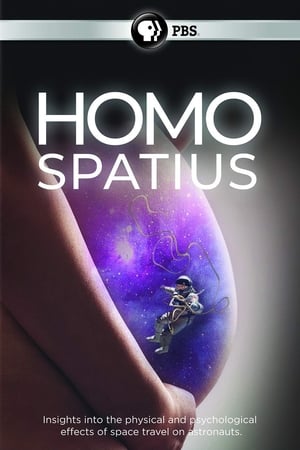 6.1
6.1Homo Spatius(fr)
Can Homo sapiens evolve into Homo spatius? For over 50 years now, we have been testing our human nature in our effort to conquer outer space, and still 30 years away from a possible human exploration of Mars, a question remains: Can our body take such travels? Will it ever adapt? Combining human adventure and the exploration of the human body, this film offers unique insights into the physical and psychological effects of space travel on the Astronauts and measures the impact on medical sciences.
 7.1
7.1The Story of the Weeping Camel(mn)
When a Mongolian nomadic family's newest camel colt is rejected by its mother, a musician is needed for a ritual to change her mind.
 6.6
6.62 or 3 Things I Know About Him(de)
What would your family reminiscences about dad sound like if he had been an early supporter of Hitler’s, a leader of the notorious SA and the Third Reich’s minister in charge of Slovakia, including its Final Solution? Executed as a war criminal in 1947, Hanns Ludin left behind a grieving widow and six young children, the youngest of whom became a filmmaker. It's a fascinating, maddening, sometimes even humorous look at what the director calls "a typical German story." (Film Forum)
 7.3
7.3To Be and to Have(fr)
The documentary's title translates as "to be and to have", the two auxiliary verbs in the French language. It is about a primary school in the commune of Saint-Étienne-sur-Usson, Puy-de-Dôme, France, the population of which is just over 200. The school has one small class of mixed ages (from four to twelve years), with a dedicated teacher, Georges Lopez, who shows patience and respect for the children as we follow their story through a single school year.
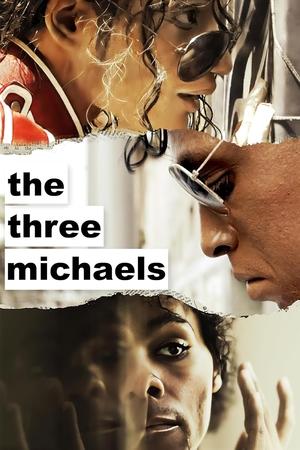 5.5
5.5The Three Michaels(en)
Desperate to become as rich and successful as their idol, a trio of Michael Jackson impersonators hustle their way into Hollywood agencies, are accosted by paparazzi, and cross paths with Grammy-winning musicians as the American dream seems tantalisingly close. But as they perform for dollar bills and sleep in their car, the reality of the ruthless entertainment industry they dream about hits home.
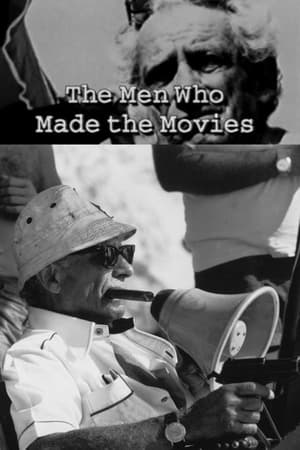 5.8
5.8The Men Who Made the Movies: Samuel Fuller(en)
Samuel Fuller discusses his career as a filmmaker, illustrated by plenty of clips.
 0.0
0.0Blade Rollers(en)
Honour West and Joan Camuglia-May share their experiences in this upbeat roller-skating documentary.
 6.7
6.7Arctic Tale(en)
Arctic Tale is a 2007 documentary film from the National Geographic Society about the life cycle of a walrus and her calf, and a polar bear and her cubs, in a similar vein to the 2005 hit production March of the Penguins, also from National Geographic.
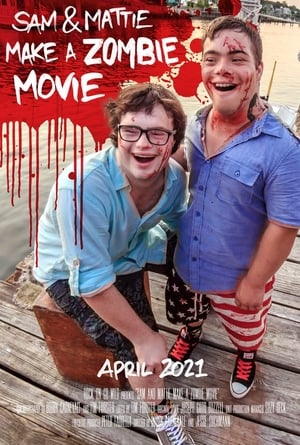 6.7
6.7Sam & Mattie Make a Zombie Movie(en)
Documentary about the making of ’Spring Break Zombie Massacre.’
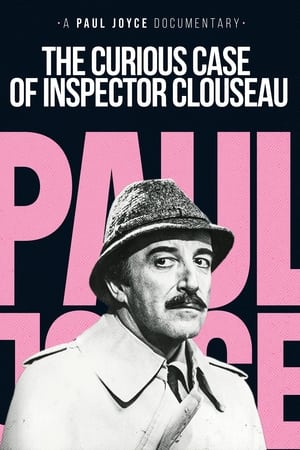 0.0
0.0The Curious Case of Inspector Clouseau(en)
DA-DUN DA-DUN DA-DUN-DA-DUN-DA-DUN-DA-DUN-DA-DUUUUN Henry Mancini’s iconic score, Peter Sellers’ bumbling Inspector Clouseau, and those unforgettable animated opening sequences - delve into the history of the Pink Panther films, the pink diamond hunting comedy-mystery franchise that was a smash hit, made a megastar of Peter Sellers and spawned an empire. Paul Joyce’s typically thorough and entertaining documentary focuses on star Peter Sellers’ creation of a comedy icon and his relationship with director Blake Edwards. Hosted by Burt Kwouk, who played Clousea’s manservant and martial arts sparring partner Cato, and featuring interviews with Mark Kermode, Herbert Lom (Chief Inspector Dreyfus), Graham Stark (Pepi) and more, THE CURIOUS CASE OF INSPECTOR CLOUSEAU is a must-see... if you can catch it!
The Race for Everest(en)
The dramatic story of the British expedition that made the first ascent of Everest. Combining interviews with the surviving members of the 1953 British and 1952 Swiss attempt on Everest with rare archival material, this film tells the story of the race to climb Everest in the early 1950s and its climax in 1953.
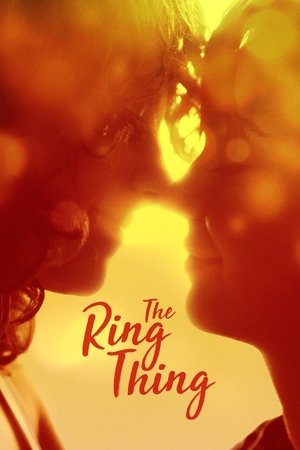 4.0
4.0The Ring Thing(en)
When Sarah accidentally proposes to her girlfriend in Provincetown, the mixup turns their loving relationship into a minefield of marital exploration.
